Medical reform calls for efforts and wisdom
Updated: 2015-05-20 07:47
(China Daily)
|
||||||||
 |
|
A doctor examines a patient at Beijing Wanshoukang Hospital. The State Council on Wednesday said that doctors can now work in more than one medical institution and qualified private clinics will be allowed into China's public medical insurance system. [Photo/China Daily] |
With a view to providing residents with easier access to cheaper and higher quality medical services, the State Council, China's cabinet, released a document on Sunday on furthering reform of State-owned hospitals, which is expected to lift their heavy reliance on profits from the sale of medicines.
The prospects are encouraging, and the central authorities definitely mean it. But the reform will enter a "heavily-fortified zone", as called by President Xi Jinping.
As is the case in other areas, the pattern of entrenched interests in the healthcare field has congealed in the past decades. The sales of medicines make up a large proportion of a hospital's revenue and guarantee the incomes of medical workers. Doctors have their own way of making extra income by prescribing medicines from the pharmaceutical companies recommended by medicine representatives. Tacit rules have been established for the business between hospitals and pharmaceutical companies and even between hospitals and the government department in charge of them.
But it is neither realistic nor feasible for hospitals to reduce their revenue by scrapping the profits they get from the medicine sales, which will definitely result in decreased incomes for medical workers. In county hospitals where the reform has been implemented on trial basis, the prices for medical checkups have been raised and local governments also have to give subsidies to make up for the losses.
It is unrealistic for officials or planners to draw up reform plans just by imagining how good their reforms will be to crack a hard nut. What is urgently needed is a thorough investigation of some particular hospital by the planners to find out where the problems are and then work out a plan that can be piloted with the hospital.
Only in this way will the government be able to find out how the loopholes that allow doctors to get the illegal profits from pharmaceutical companies can be plugged, how hospitals can really purchase medicines and medical equipment through fair bidding for providers, how much the government should subsidize the hospitals under its auspices, as well as how the entrenched interests stand in the way of reforms that will benefit patients.
Such reform calls for both painstaking efforts and wisdom from the government. The same is true with the reform of other State-owned enterprises or sectors.
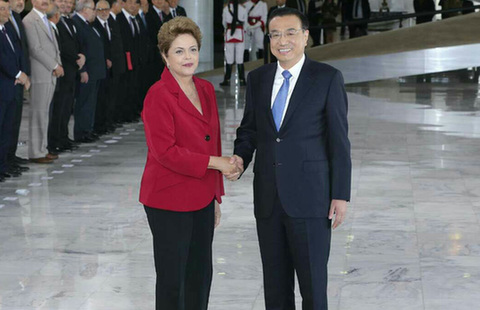
 Premier Li Keqiang welcomed by Brazilian president
Premier Li Keqiang welcomed by Brazilian president
 Weirdest towns in the world
Weirdest towns in the world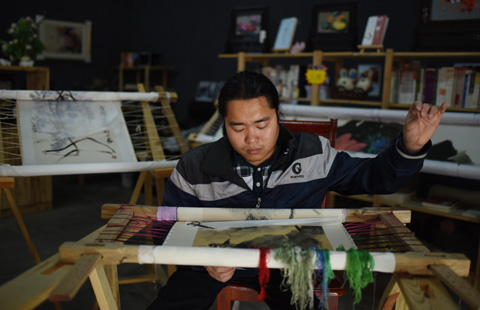
 Students from vocational schools also make big bucks
Students from vocational schools also make big bucks
 Ten photos you don't wanna miss - May 19
Ten photos you don't wanna miss - May 19
 Royal family adds color to Chelsea Flower Show
Royal family adds color to Chelsea Flower Show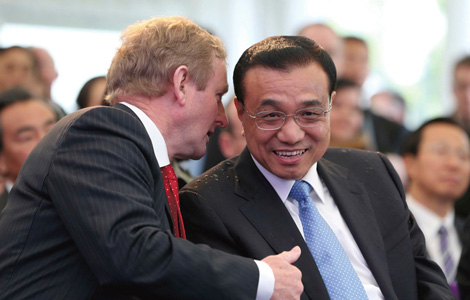
 Premier takes in Irish countryside at old farm
Premier takes in Irish countryside at old farm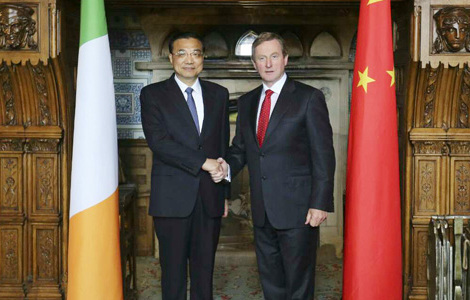
 China, Ireland sign agricultural deals
China, Ireland sign agricultural deals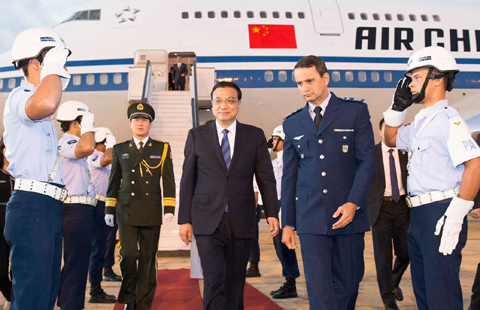
 Premier Li arrives in Brazil to start official visit
Premier Li arrives in Brazil to start official visit
Most Viewed
Editor's Picks

|

|

|

|

|

|
Today's Top News
Brazil embraces third wave of Chinese investment
Taoist teaches US official one or two things about feng shui
White House bans police from using certain military equipment
China eyes 'capacity exports' to sustain growth
Vietnam's objection to fishing ban in South China Sea dismissed
Li arrives in Brasilia to start LatAm tour
In Brazil's capital, young weigh what China offers
Li samples products of an Irish farm
US Weekly

|

|






